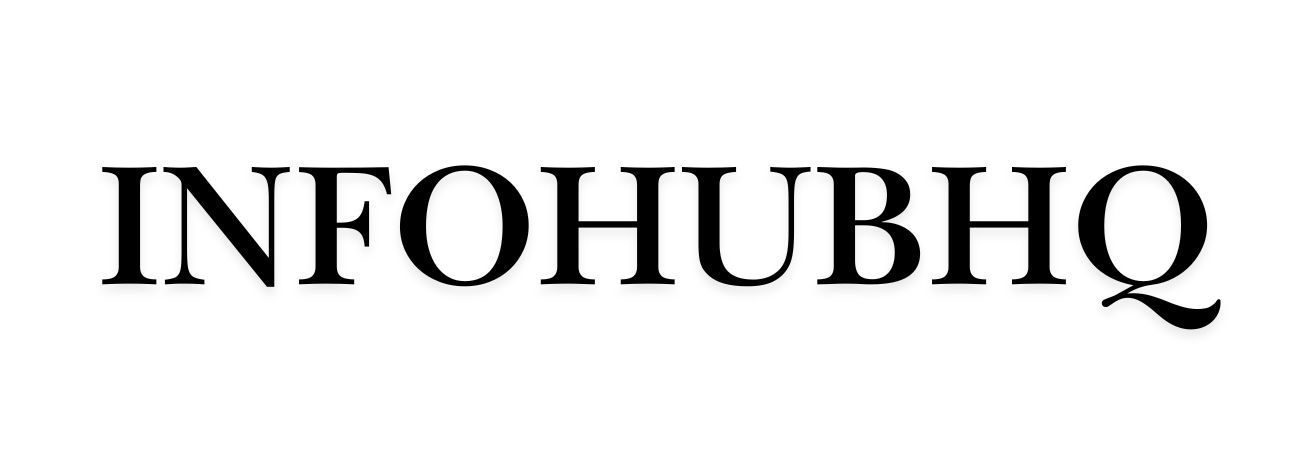Introduction to Financial Assistance for Senior Housing
As individuals age, the need for suitable housing becomes increasingly important. Senior housing options range from independent living communities to assisted living and nursing homes. However, the cost of these options can be significant, making it essential to explore financial assistance options available to seniors. Understanding these options can help alleviate financial burdens and ensure a comfortable and secure living environment for seniors.
In this article, we will delve into various financial assistance options for senior housing, including government programs, private insurance, and non-profit organizations. These options can provide much-needed support to seniors and their families, making senior housing more accessible and affordable.
Government Programs for Senior Housing Assistance
Government programs offer a variety of financial assistance options for seniors seeking housing solutions. One of the most prominent programs is Medicaid, which provides financial support for long-term care services for eligible seniors. Medicaid can cover the cost of nursing home care and, in some cases, assisted living facilities, depending on the state.
Another crucial program is the Section 202 Supportive Housing for the Elderly Program. This initiative provides affordable housing options for low-income seniors, enabling them to live independently while receiving necessary support services. The program offers rental assistance, making it easier for seniors to afford housing in designated facilities.
Additionally, the Veterans Affairs (VA) offers housing assistance to eligible veterans through programs such as the Aid and Attendance benefit. This benefit provides financial support for veterans who require assistance with daily living activities, allowing them to access appropriate housing and care services.
These government programs are vital resources for seniors and their families, helping to reduce the financial burden associated with senior housing.
Private Insurance and Non-Profit Organizations
Aside from government programs, private insurance and non-profit organizations also play a significant role in providing financial assistance for senior housing. Long-term care insurance is a private insurance option that can cover the cost of various senior housing options, including assisted living and nursing home care. This type of insurance can be a valuable resource for seniors, offering financial support and peace of mind.
Non-profit organizations also provide assistance to seniors in need. Many non-profits offer grants and subsidies to help cover the cost of senior housing. These organizations often focus on specific groups, such as low-income seniors or those with disabilities, providing tailored support to meet their unique needs.
Furthermore, community-based organizations may offer additional resources, such as financial counseling and housing assistance programs, to help seniors navigate their housing options. By exploring these private and non-profit resources, seniors can find additional support to complement government programs and ensure they have access to affordable and suitable housing.
Conclusion: Planning for a Secure Future
In conclusion, understanding the financial assistance options available for senior housing is crucial for planning a secure and comfortable future. By exploring government programs, private insurance, and non-profit organizations, seniors and their families can find the support they need to access affordable housing options. These resources not only alleviate financial burdens but also ensure that seniors can live in a safe and supportive environment.
As the population ages, the demand for senior housing will continue to grow, making it essential for individuals to plan ahead and explore all available financial assistance options. By doing so, seniors can enjoy their golden years with peace of mind, knowing they have the support they need to thrive.






